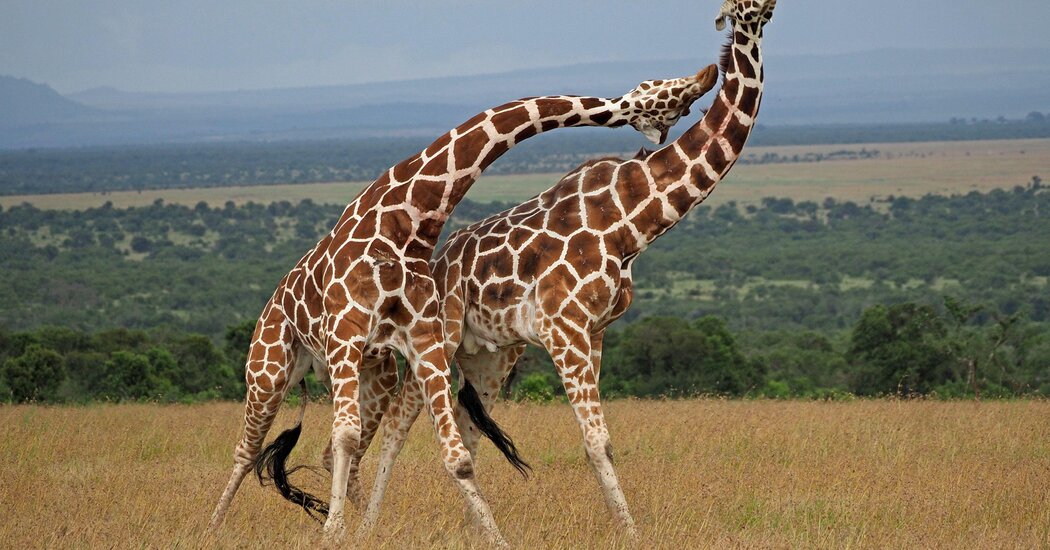YoursTrue
Faith-confidence in what we hope for (Hebrews 11)
So let's see -- is the following true as far as you are concerned?
"Why Are Species So Confusing?
The central difficulty when studying species is that, even though all species are kinds of organisms, all kinds of organisms are not species. For example, birds are a kind of organism, but birds are not a species --there are many thousands of species of birds."
"Why Are Species So Confusing?
The central difficulty when studying species is that, even though all species are kinds of organisms, all kinds of organisms are not species. For example, birds are a kind of organism, but birds are not a species --there are many thousands of species of birds."

